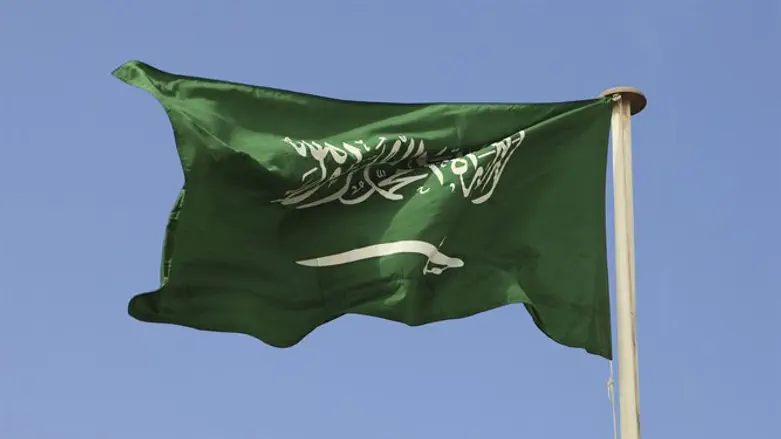
Saudi Arabia will allow women to attend sports events in stadiums for the first time from next year, officials said Sunday, according to the BBC.
Families will be able to enter the stadiums in three major cities - Riyadh, Jeddah and Dammam, the report said.
Saudi Arabia's sports authority said that preparations would start in the three stadiums so they can be "ready to accommodate families from early 2018".
Restaurants, cafes and monitor screens would be set up inside the stadiums as part of the changes, it added. Up until now, the venues have been men-only areas.
Sunday's announcement comes a month after the kingdom declared it would cancel its longstanding ban on women driving.
Last week, Saudi Crown Prince Mohammed bin Salman pledged the country would return to a "moderate and open" approach.
The Crown Prince has been leading a major drive to modernize Saudi society and boost the economy since his sudden appointment on June 21.
The reforms are in line with a wide-ranging plan announced by the 32-year-old to bring social and economic change to the oil-dependent kingdom, known as Vision 2030.
Despite the recent announcements, noted the BBC, women still face severe restrictions in the country, which enforces a strict form of Sunni Islam known as Wahhabism.
Women have to adhere to strict dress codes and must not associate with unrelated men. If they want to travel, work or access healthcare they must be accompanied by - or receive written permission from - a male guardian.
Even before the recent announcements, Saudi Arabia in recent years introduced several ambitious government reforms aimed at boosting female employment.
In 2014, it was announced that the Saudi Gazette had appointed a female editor, a first in the kingdom. The news of the first female newspaper editor in the kingdom followed an announcement about the first female lawyer in Saudi Arabia.
In 2015, women were allowed to run for local government for the first time. 20 were elected.
Despite its questionable human rights record and restrictions on women, Saudi Arabia was elected to join the UN Human Rights Council as well as the UN Commission on Status of Women.
